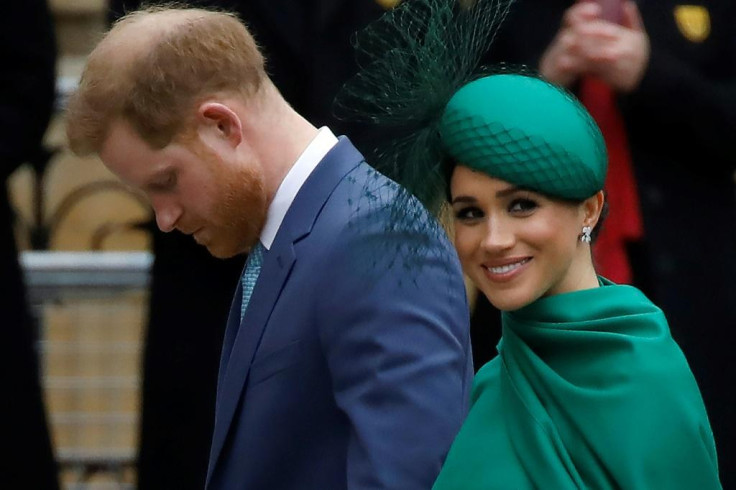Scammers use fake endorsements featuring Harry and Meghan to promote bitcoin fraud
The false advertisements and online articles, as well as fabricated interviews of the couple, have been released on social media.
Prince Harry and Meghan Markle's names are being used by scammers to promote a bitcoin scam, which has previously also created fake celebrity endorsements to attract victims.
According to a report in Mail Online, the fraudsters released fake adverts featuring the Duke and the Duchess of Sussex promoting the get-rich-quick investment schemes. One of the advertisements claimed that the financially-independent royals made £128,000 every month by making investments in a Bitcoin-related scheme.
The false advertisements and online articles, as well as fabricated interviews of the couple, have been released on social media. The headline of one of these hoax articles claimed, "People earning millions from home by using Harry and Meghan latest advice."
Another claimed, "Harry and Meghan shocked everyone in the studio by revealing how they making (sic) an extra £128k every month." These articles also used the logos of established news outlets like The Mail, the BBC, The Sun, Good Morning Britain, and The Guardian to fake credibility.
The ads and interviews also feature other purported investors, one of whom was quoted as saying, "I let the software run and my profits stacked up like pancakes. It feels incredible having money rush in this fast and hard." Another fake investor says, "My ex-girlfriend dumped me because I was too poor. Now I'm a multi-millionaire and I have an even better girlfriend."
According to the UK's financial services watchdog Financial Conduct Authority (FCA), these articles appeared to be linked to a website in Eastern Europe. The online link now goes to a general feature on the British royal family.
The watchdog noted that Harry and Meghan are not the only celebrities whose names have been misused by the scammers. Bill Gates, Sir Richard Branson, and Mark Zuckerberg were previously shown to be promoting the investment schemes in fake advertisements.
An FCA spokesperson warned, "People should be very wary when they see investment ads offering high returns, even if they appear to be endorsed by celebrities. You can check if a company is regulated by us on the Financial Services register. If it isn't, you are very unlikely to have any protection if things go wrong."
The number of possible scams reported to the FCA has risen by 400 per cent in five years. More than 34,000 complaints were made by consumers with suspicions about possibly fraudulent investment offers last year, compared to 8,000 complaints in 2016.

© Copyright IBTimes 2025. All rights reserved.





















